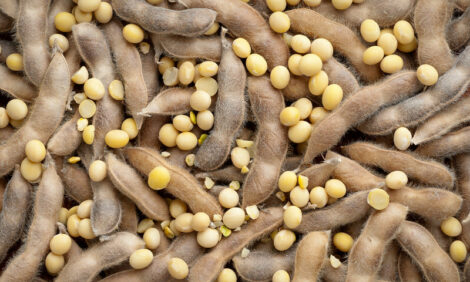



Weathering the Storm: The Fate of Meat
NEW ZEALAND - The longer-term outlook is positive for New Zealand’s livestock producers, who are wellplaced to over-come short-term challenges and weather the storm created by the current financial crisis, audiences in rural New Zealand were told last week.Visiting industry expert and Rabobank senior animal proteins analyst Wendy Voss said that short-term challenges are ‘clouding the horizon’ for the global meat market with almost all stages of the supply chain being affected by the current financial crisis.
“What we’ve seen, as a result of the financial crisis, is a lot of uncertainty in the marketplace,” she said.
“Global meat sales have been hit hard as consumers change their behaviour by not eating out as much and trading down their choice of meat. Retail and food service companies are taking a ‘wait and see’ approach and tending to not buy large stocks of meat.
“Importers are also being impacted, both by the economic uncertainty, but also by the increased restrictions on access to credit. For beef in particular we’re seeing the Russian boom subsiding, while high US beef stock levels in Korea are also creating the potential for volatility in the market.”
However, there are a number of factors that are likely to provide a ‘silver lining’ for New Zealand producers over the next 12 months.
“The first is the depreciation of the New Zealand dollar against major export market currencies, in particularly the US dollar, which will ease some pressure on buyers and exporters,” she said.
“The second is that imported beef prices in the United States are expected to remain strong in 2009, as domestic US cow slaughter eases from its current high levels.
“For sheepmeat, tightening supply in a number of major producing regions should provide support to sales of New Zealand product in key export markets.”
Longer-term the outlook for the New Zealand meat industry remains positive, with growth in both world population and incomes expected to drive higher meat consumption, including beef and lamb.
“As demand rises, livestock producers will need to be rewarded with improved prices to ensure supply keeps up with the growing demand for meat,” Ms Voss said. “Whether you are talking about the US, Brazil or New Zealand, producers have shown over recent years that if returns for other commodities outweigh those for livestock, they will shift their investment into other areas.”
TheCattleSite News Desk


